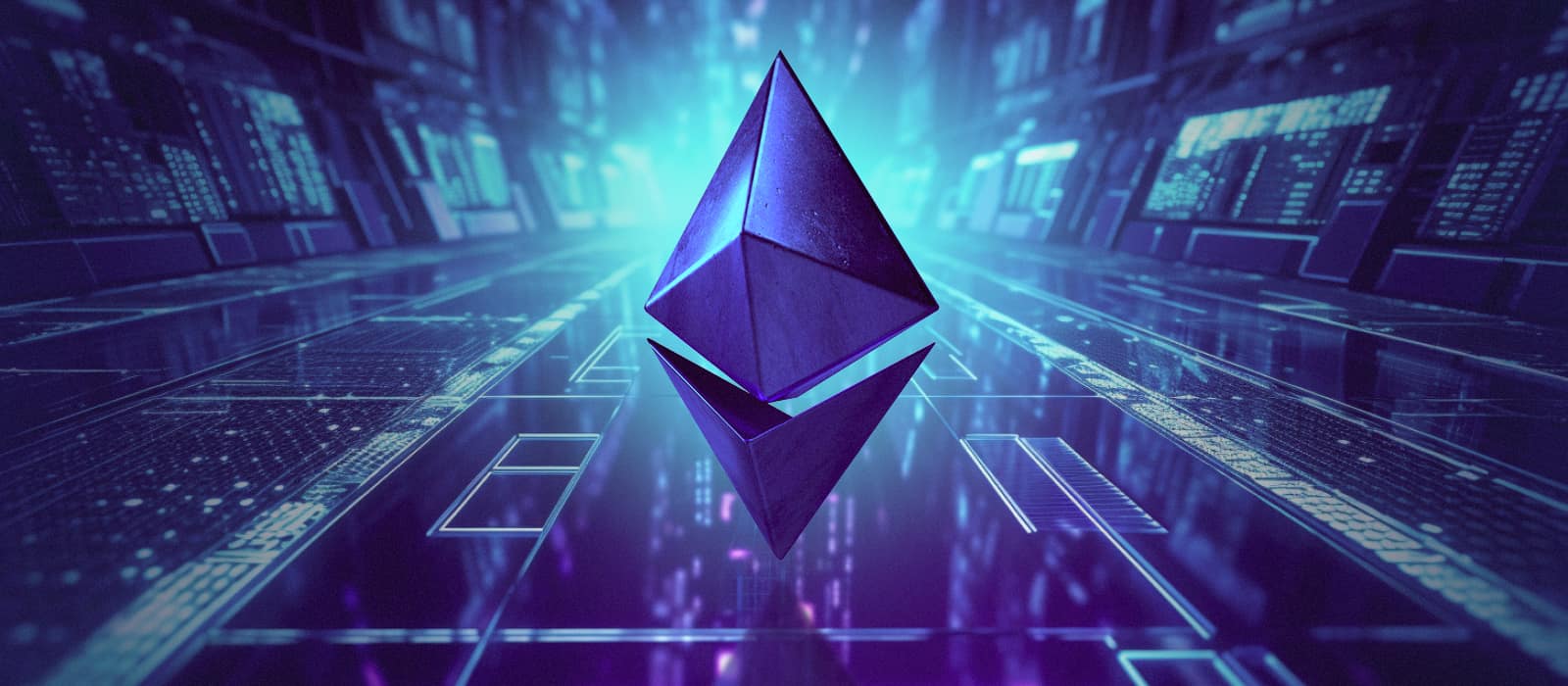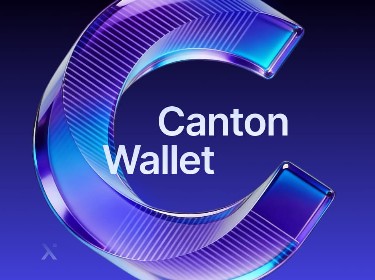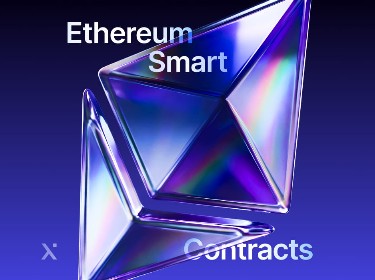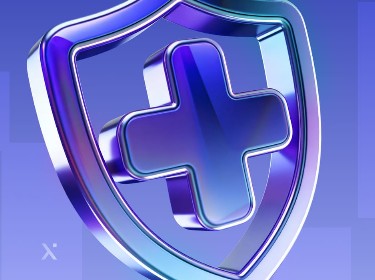While enjoying the status of one of the most in-demand blockchains, Ethereum also experiences the drawbacks of its popularity, the most pressing ones being lack of scalability and frequent network congestion. Luckily, ZK rollups help mitigate these issues.
Just imagine: on average, Ethereum processes more than 1 million transactions per day. This high volume brings significant challenges, such as slow transaction speed and high transaction fees, proving the need for effective scalability solutions.
Zero-knowledge rollups (ZK rollups) are one of them, offering streamlined throughput and improved network efficiency. But how exactly do they achieve it?
Read on to learn about the concept of ZK rollups as well as their advantages and disadvantages. Plus, our experts prepared a ZK rollups vs Optimistic rollups comparison and an overview of the most promising ZK rollup projects.
What is a ZK rollup?
Zero-knowledge rollups are Layer 2 scaling solutions that move computation and state storage off the Ethereum main chain and allow the processing of multiple transactions simultaneously.
ZK rollups consist of the two core components:
On-chain smart contracts
These smart contracts are deployed on Ethereum and manage the ZK-rollup’s operations. They handle user deposits and withdrawals and verify the submitted zero-knowledge proofs.
Off-chain virtual machine
Off-chain virtual machine collects multiple transactions off the main chain. It’s responsible for executing these transactions, compressing transaction data, and generating validity proofs — zero-knowledge proof. A peculiar aspect of these proofs is their “anonymity” — they confirm the validity of all transactions in the batch but reveal no specific details.
ZK-proofs come in the form of a ZK-SNARK (Zero-Knowledge Succinct Non-Interactive Argument of Knowledge) or ZK-STARK (Zero-Knowledge Scalable Transparent Argument of Knowledge).
Take a look at the infographics below to find out how these two types of ZK-proofs differ from each other.
![]()
Guarantee the security of your blockchain-powered solution with our smart contract auditing services
How do ZK rollups work?
The execution process of ZK rollups involves the following steps:
Step 1. A ZK-rollup collects multiple transactions in batches.
Step 2. The batch is computed and validated off-chain. This involves executing all the transactional operations, i.e. transfers, smart contract executions, etc.
Step 3. After processing the batch, a ZK-rollup generates a cryptographic proof.
Step 4. The zero-knowledge proof is submitted to the main network.
Step 5. The main chain’s nodes verify this proof.
Step 6. Once the proof is verified and accepted by the blockchain, all the transactions in the batch are considered finalized.
What Are Zk-SNARKs? Technology Overview, Usage, and Examples
zkEVM Explained: A Complete Guide on Ethereum Scaling Solution
What are the advantages of ZK rollups?
![]()
There are several significant advantages of ZK rollups that make them an attractive choice for developers, namely:
Improved scalability
By aggregating multiple transactions into a single batch and processing them off-chain, ZK rollups significantly increase the number of transactions that can be processed in a given time, enhancing the overall scalability of the blockchain.
Reduced transaction fees
ZK rollups reduce transaction fees by optimizing the use of on-chain resources and reducing the network load.
According to YCharts, on average, it costs $1-10 to send tokens on Ethereum, depending on the network congestion. In the meantime, the transaction fee on ZK-rollup networks remains less than $1.
Boosted transaction speed
ZK rollups process transactions much faster by taking the computation off-chain and simplifying the on-chain verification. Depending on the particular ZK rollup solution, transaction speed can reach up to 2,000 transactions per second.
Improved privacy
The zero-knowledge approach allows for the verification of transaction details without exposing any sensitive information. This results in enhanced privacy for users.
High-level security
ZK rollups use advanced cryptographic techniques, specifically zero-knowledge proofs, to ensure the integrity and validity of transactions.
Plus, they inherit the security standards of Ethereum, benefiting from the same decentralized, tamper-resistant infrastructure.
Get acquainted with our comprehensive Ethereum development services and find out how we can assist you
What are the disadvantages of ZK rollups?
Despite the impressive advantages, it’s also important to consider the potential drawbacks of ZK rollups. These include:
- Technological complexity — the ZK-rollup technology is quite complex. This can be a barrier to development and implementation, requiring specialized knowledge and expertise.
- Computational intensity — zero-knowledge proof generation requires significant processing power, which can be a challenge, especially for validators and operators handling large volumes of transactions.
- Data availability concerns — ZK rollups rely on off-chain data storage, so if the data corresponding to these rollups is lost or becomes unavailable, it can impact the integrity of the network.
- Technical barriers for users — understanding and interacting with ZK rollups can be challenging for average users due to their technical nature. This can be a barrier to widespread adoption.
ZK rollups vs Optimistic rollups
There are two types of rollups you can choose from: ZK rollups and Optimistic rollups. But which one meets your goals best?
Here is a detailed comparison of these options.
Technology
As previously mentioned, ZK rollups bundle multiple transactions in batches and process them off-chain, with validators ensuring that the transactions are valid according to the rules of the smart contract and the blockchain’s consensus mechanism. Once the cryptographic proof is generated and validated off-chain, it is submitted to the mainnet for verification.
This proof is generated by aggregating and compressing the transaction data into a format that can be efficiently verified on-chain without revealing specific details other than the transactions’ validity and state changes.
Optimistic rollups also bundle multiple transactions into batches, which are then processed by the network validators off-chain. The main peculiarity of Optimistic rollups is that validators assume that transactions in a batch are valid by default. Thus, they do not perform the computation to validate transactions off-chain but validate the batch based on this optimistic assumption.
Data availability
Both rollups require data availability on-chain. This means that the data necessary to validate and verify the transactions must be accessible to anyone on the Ethereum mainnet.
Time to finality
The finality of ZK rollups is almost instant since its cryptographic proof is decisive and does not require a challenge period. Once the proof is submitted and validated on-chain, the transactions are considered finalized.
On the contrary, time to finality in Optimistic rollups depends on a challenge period, meaning that if any participant detects a fraudulent transaction within the batch, they can submit a fraud proof to challenge it.
If no counterproofs are provided within a 7-day period and the fraud is confirmed, the rollup re-executes the transactions and updates the state accordingly. Plus, the sequencer responsible for including the incorrectly executed transaction in a block receives a penalty.
Get more insight about Layer 2 solutions with our in-depth comparison of Polygon vs Arbitrum vs Optimism
Top 3 ZK rollup solutions
There are three notable zero-knowledge proof rollups that stand out for their unique features and capabilities: Polygon ZK-rollup suite, zkSync Era, and StarkNet.
Let’s take a closer look at each solution.
Polygon
Polygon offers a suite of ZK-rollup solutions, each designed to meet various requirements and use cases in the blockchain ecosystem. These are Polygon Hermez, Polygon Nightfall, Polygon Miden, and Polygon Zero.
Here is an overview of how these ZK rollups operate:
Polygon Hermez
The distinctive feature of the Polygon Hermez ZK-rollup is its consensus algorithm, Proof of Efficiency (PoE). It allows anyone to become a sequencer or an aggregator. Sequencers collect transaction requests into batches and add them to the PoE smart contract, while aggregators check the validity of transaction batches and provide validity proofs to the Ethereum mainnet.
To encourage honest behavior and reduce the chances of malicious activity on the network, Polygon Hermez distributes incentives among its sequencers and aggregators.
The ZK-rollup places a high emphasis on decentralization. It is the only active Layer-2 without a need for a centralized operator.
Polygon vs Polkadot: What’s the Difference?
A Comprehensive Guide to Blockchain Application Development
Polygon Nightfall
The Polygon Nightfall rollup is designed for enterprise-grade applications as it allows for private transactions.
Polygon Nightfall’s uniqueness is in its design which is a combination of an Optimistic rollup and zero-knowledge cryptography. This hybrid approach allows it to leverage the strengths of each technology, providing scalability and privacy.
Polygon Miden
The Polygon Miden ZK-rollup is based on the ZK-STARK cryptographic method, thus leveraging its scalability and security and providing efficient proof computation and verification.
Polygon Miden stands out among other rollups by emphasizing ZK-centric design over EVM compatibility. The solution also leverages an innovative, actor-based state model that maximizes the potential of ZK-focused architecture. This allows Polygon Miden to extend Ethereum’s feature set, empowering developers to create applications currently infeasible on EVM-like systems.
Polygon Zero
The Polygon Zero rollup utilizes the Plonky2 — a highly efficient recursive SNARK cryptographic method. It allows Polygon Zero to generate proofs rapidly, which is a key factor in achieving high scalability and reducing transaction processing times. Plonky2 is capable of generating a SNARK proof every 0.17 seconds, making it the world’s fastest recursive ZK prover.
With its EVM compatibility and efficient processing capabilities, Polygon Zero is a developer-friendly platform that encourages the development and migration of dApps.
Check out our article to discover the differences between Ethereum and Polygon
zkSync Era
zkSync Era is a trustless scalability protocol for Ethereum, powered by the ZK-rollup technology. According to the developers, “zkSync Era is made to look and feel like Ethereum, but with lower fees.”
The key benefit of the rollup is that it allows developers to effortlessly transfer EVM dApps and smart contracts to zkSync Era, providing users with lower gas fees and higher transaction speed, while inheriting Ethereum’s security and decentralization. The solution can process over 2000 tps.
Besides, zkSync Era prioritizes intuitive usability for both end-users and developers, ensuring lower entry barriers.
PixelPlex designers also prioritize intuitive UI/UX, ensuring your solution is both appealing and user-friendly for comfortable interaction
StarkNet
StarkNet is a Layer 2 network based on Ethereum that strives to increase transaction throughput and reduce costs while maintaining high-level security. As suggested by its name, the solution leverages the zk-STARK cryptographic method for confirming transactions’ validity.
The solution achieves robust decentralization and censorship resistance by utilizing a permissionless layer of sequencers and provers.
In contrast to other ZK rollups, StarkNet uses its own specialized programming language, Cairo, instead of Solidity. According to Starknet, the use of Cairo makes it easier and faster to develop, review, and maintain new code. However, this makes the rollup non-EVM compatible.
Ethereum Merge Is Complete. What Do You Need to Know?
Ethereum Layer 2 Solutions: Prospects After the Merge
Meet Echo — a robust blockchain ecosystem benefitting from the ZK rollup technology
What is the future of zero-knowledge rollups?
ZK rollups promise to significantly reduce Ethereum’s scalability issues, enabling faster transaction processing and lower fees. Given the support from industry leaders, such as Polygon’s $1 billion investment in developing zero-knowledge rollup solutions, it is evident that the technology will continue to evolve.
Wish to boost your dApps performance and consider leveraging ZK-rollup technology? Let our ZK rollup developers help you work out a strategy that will suit your goals best.
Contact our team if you need assistance with:
- Blockchain development and consultancy
- DAO development
- dApp development
- Smart contract audit services
- Blockchain integration
- KYT solution development




